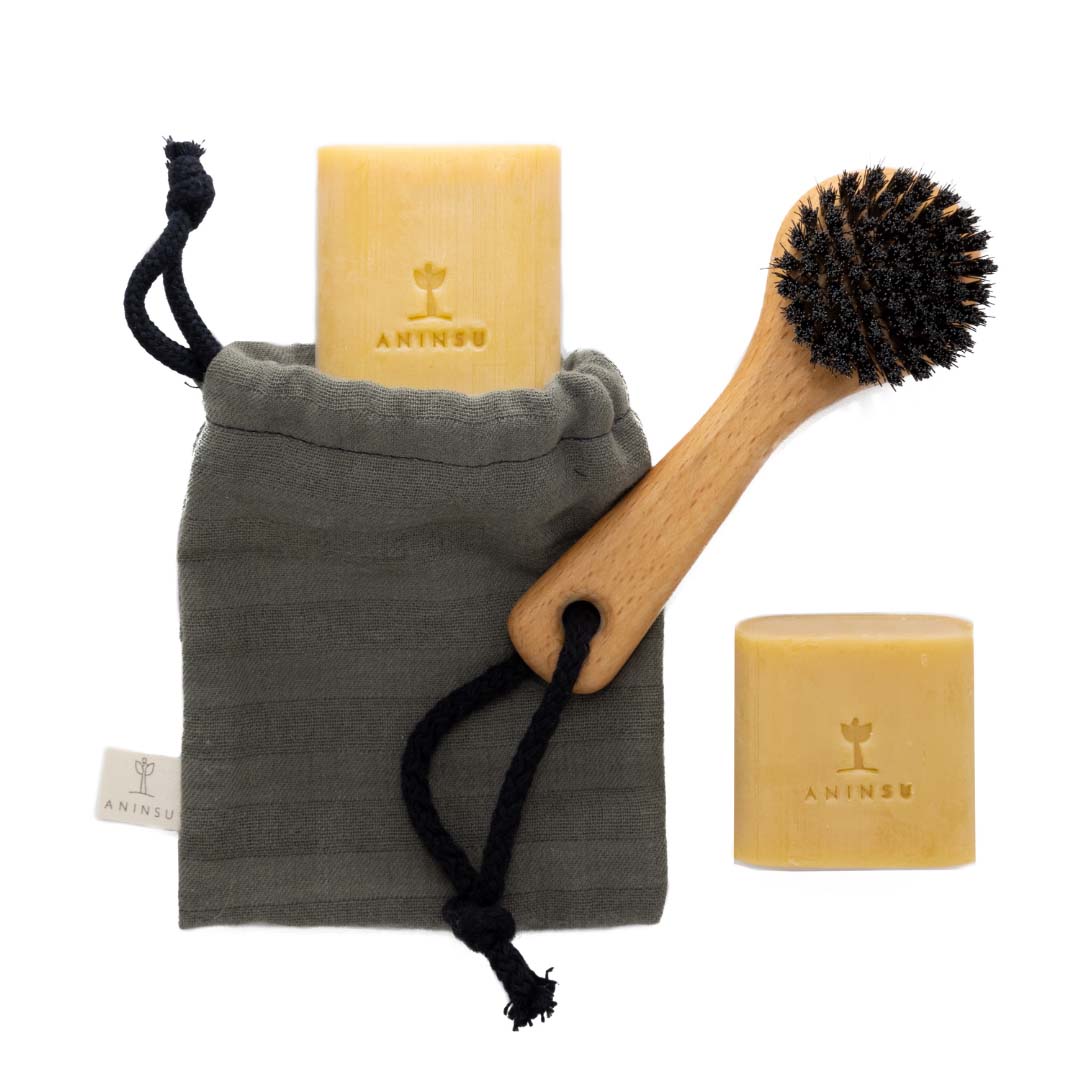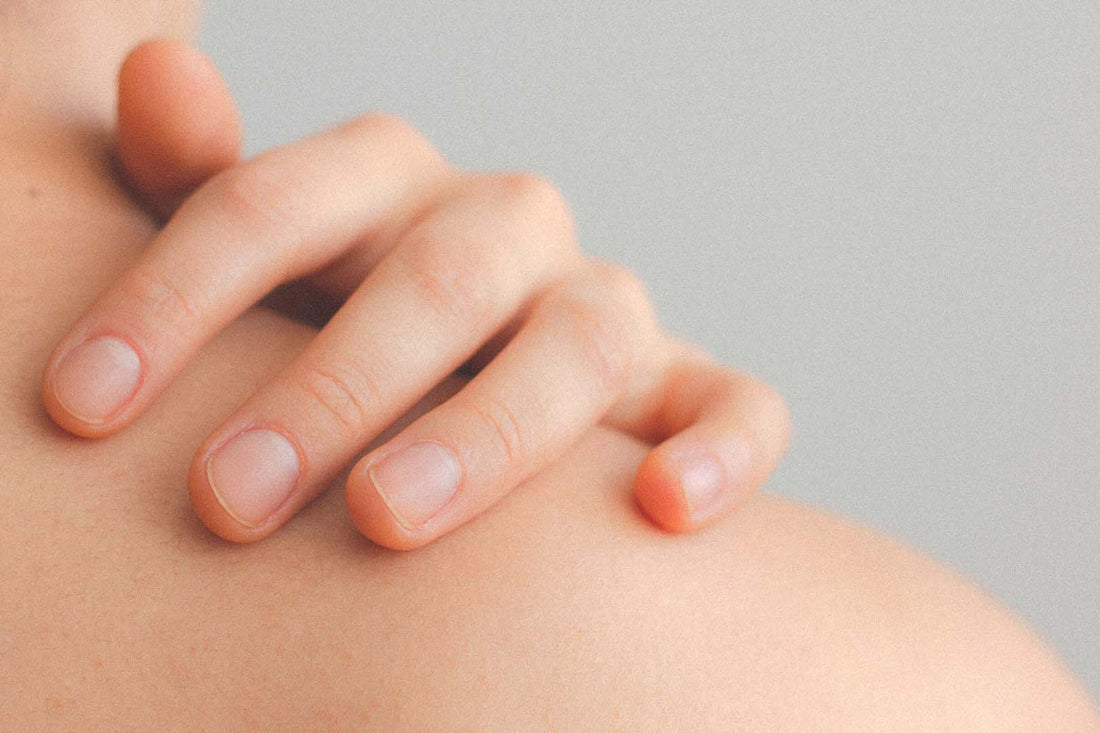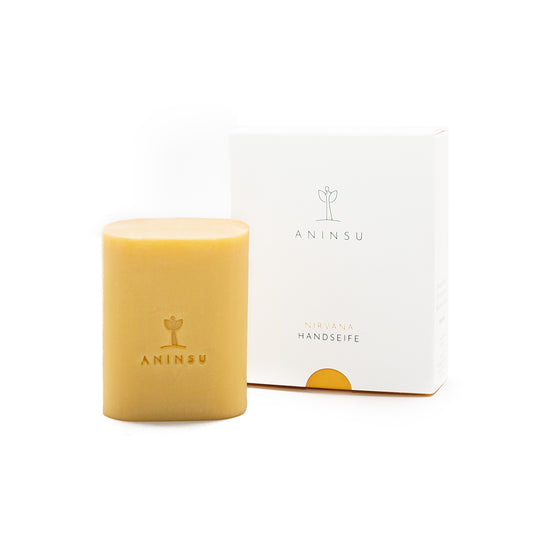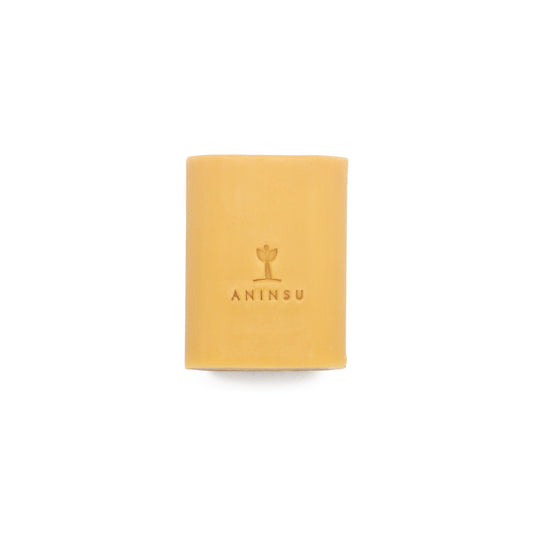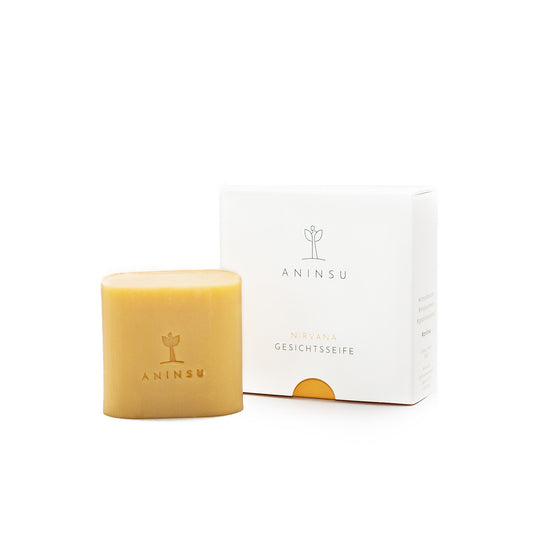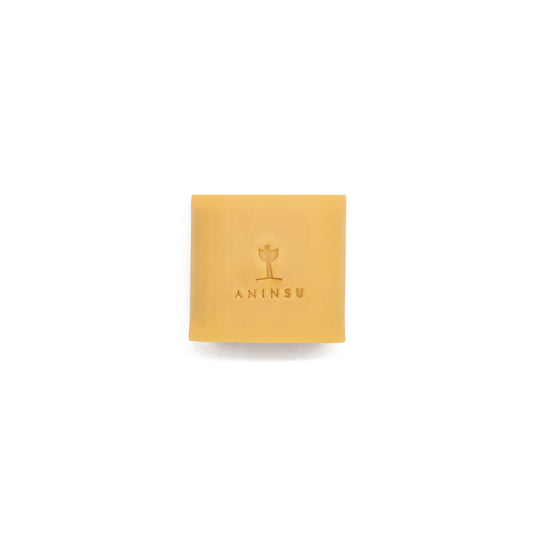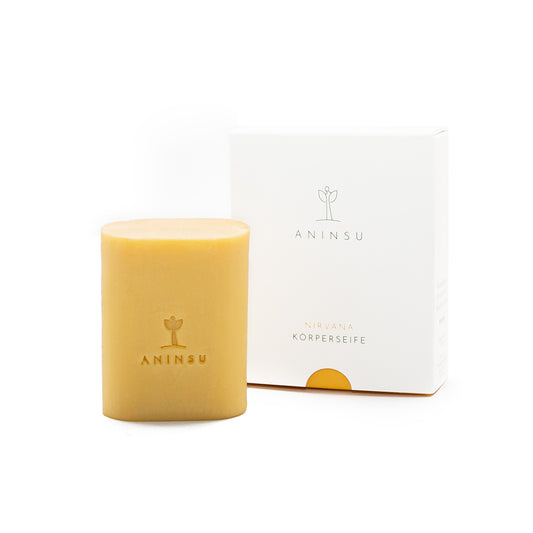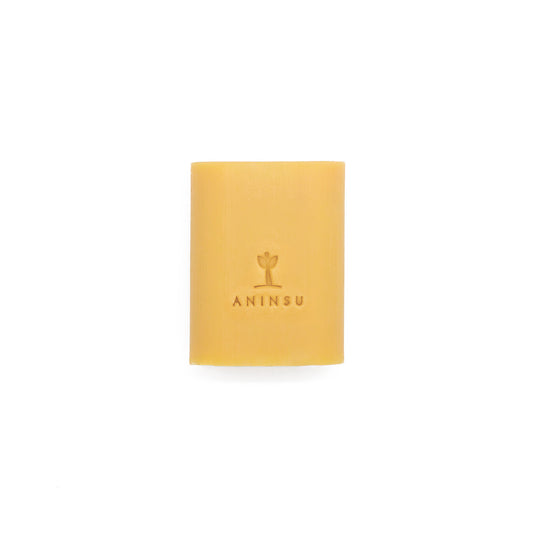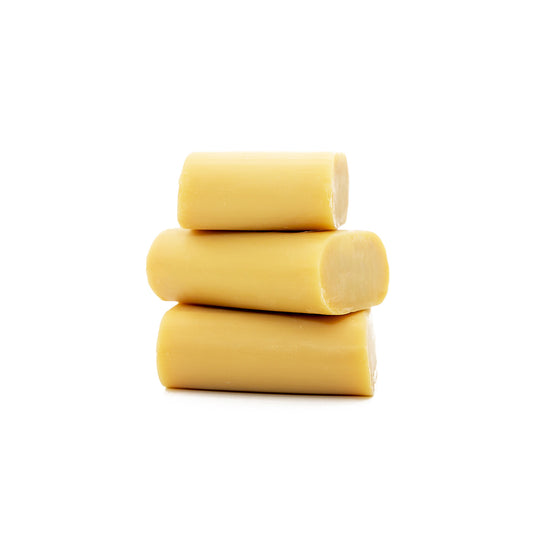We live in a society where talking about mental illness still seems taboo. More and more people are sharing their experiences in public, which is very welcome. However, we are still a long way from the fact that mental suffering is universally accepted as actual suffering. Education is extremely important and there are offers, but as long as the taboo has not been overcome, there are probably not enough. For this reason, today we would like to draw attention to a topic that is discussed very little to not at all in society: Skin Picking Disorder.
What is the skin picking disorder?
This is a usually chronic psychiatric obsessive-compulsive disorder. It is also sometimes called excoriation disorder or dermatillomania. Affected people pull, scratch, pinch and/or gnaw at their skin and thereby injure themselves. They are often aware of this and try to stop this behavior but are unable to do so. This is accompanied by feelings such as fear and tension, but also a feeling of loss of control over one's own behavior. Many sufferers also suffer from other mental health disorders at the same time. All in all, this is a disease that, unfortunately, is still very little researched.
Symptoms
The symptoms are very individual. The parts of the body that sufferers pick and scratch differ from case to case, as does the intensity and methods. The compulsive behavior often takes on ritual-like characteristics and can take place both consciously and unconsciously. Those affected do not do this because they are dissatisfied with their appearance and want to get rid of a pimple - healthy areas of skin are often scratched. The positions may also change over time. It seems that stressful situations or generally negative feelings can trigger the behavior. In conscious cases, feelings of guilt and shame can arise, because reddened areas, (open) wounds and scars are constant companions of this disorder, so that a desire to hide the skin damage from the eyes of others can arise.
The behavior occurs in so-called episodes. There is an inner urge to work on one or more areas of the skin. This can be done with or without tools such as tweezers, scissors or knives. Those affected can usually do nothing to counteract this urge. The behavior can be automatic and reflexive, or it can be fully conscious. During activity, the sensitivity to pain is often extremely limited, so that the body cannot send any or only insufficient warning signals. Instead, those affected experience relaxation, satisfaction, or pleasure in this situation. However, towards the end or after the episode, regret and guilt often set in. The episode only ends when the inner urge subsides or with exhaustion and can last from a few minutes to several hours. Several experienced episodes are reported per day, but in some cases there can be over a hundred. The intensity of the episodes can vary greatly.
Causes
Since this disease has been researched very little, there are only assumptions and ongoing discussions about the causes, which revolve around strong mental pressure and physical stress. It is also assumed that acne or other skin diseases, but also sometimes boredom, can promote the development.
Affected people
Exact investigations and statistics are not yet available. In principle, the disorder can occur in anyone of any age, often around adolescence. It is assumed that about 1-2% of the population is affected, with the proportion of women being estimated at about 75%.
Treatment
The disease can have psychological as well as health effects. From the stress generated by the disorder to scarring, inflammation and ulcers, the range of consequences can be very wide, but varies from person to person. In any case, it should be treated in order to relieve the symptoms and improve the living situation. This can take place through cognitive behavioral therapy, but also through medication. The type of treatment is determined individually.
Do you suspect that you suffer from some form of skin picking?
If this is the case, then it is first of all very good that you reflect on your behavior and at the same time you should seek advice on this. Talk to your family doctor and get a referral to a specialist if necessary. Your dermatologist can of course also be a good point of contact. Talk about it with family and friends too. In any case, going to the doctor is unavoidable to gain certainty. We wish you all the best!
